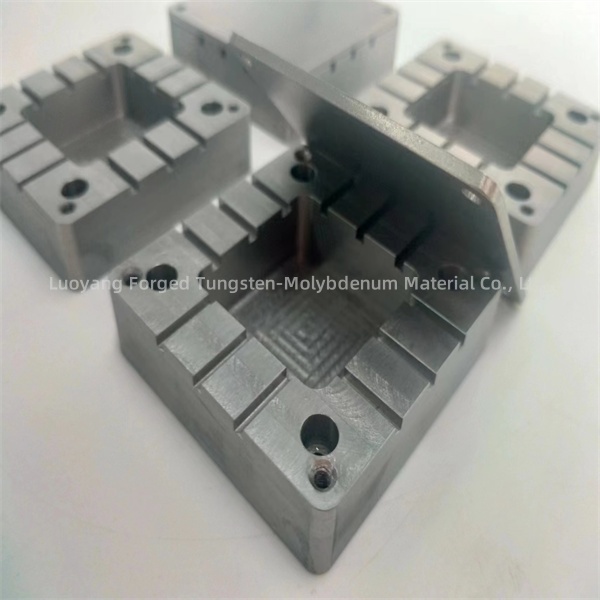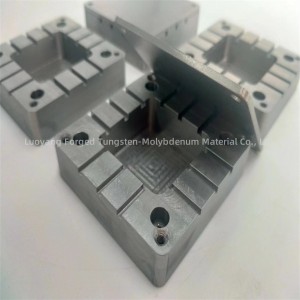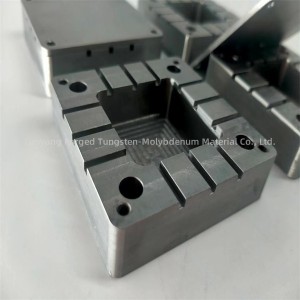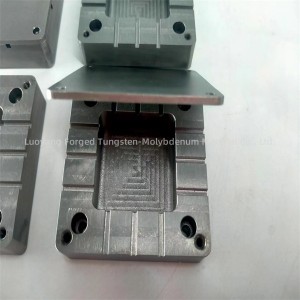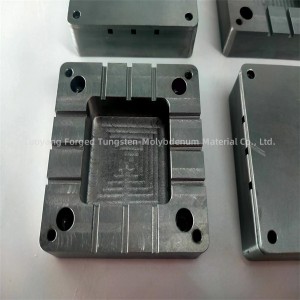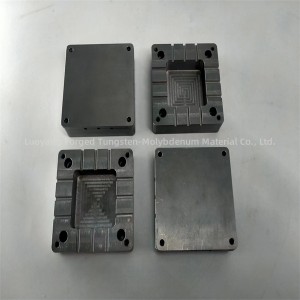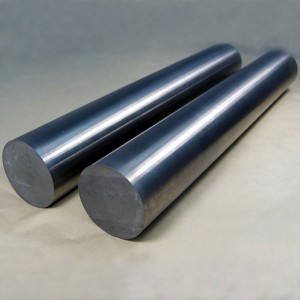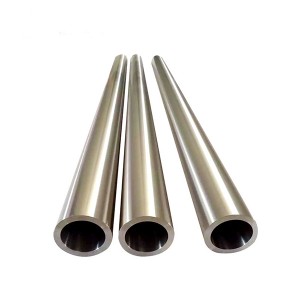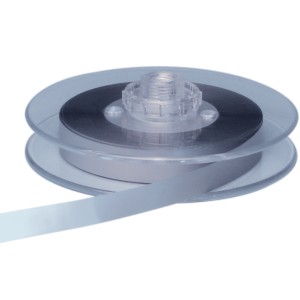High purity 99.95% Niobium plate Niobium sheet
Niobium alloys are used in a variety of applications due to their unique combination of properties, including high-temperature strength, corrosion resistance, and superconductivity. Some common uses of niobium alloys include:
1. Superconducting magnets: Niobium-titanium and niobium-tin alloys are used to make superconducting magnets for applications such as magnetic resonance imaging (MRI) machines, particle accelerators, and maglev (magnetic levitation) trains.
2. Aerospace and Defense: Niobium-based alloys are used in aerospace components, rocket engines, and gas turbines because of their high-temperature strength and corrosion resistance.
3. Chemical processing: Niobium alloys are used in chemical processing equipment, such as reactors and vessels, where corrosion resistance and high temperature performance are critical.
4. Medical devices: Niobium alloys are used in medical implants and devices due to their biocompatibility and corrosion resistance in the human body.
5. Electronics: Niobium alloys are used in the production of capacitors and other electronic components because of their ability to form stable oxide layers, which is important for electronic applications.
These are just a few examples of the many applications of niobium alloys. Their unique properties make them valuable in many industries.

Yes, niobium is not inherently magnetic at room temperature. However, it becomes weakly magnetic when cold worked or alloyed with other elements. Pure niobium is considered non-magnetic, but its magnetism can be affected by a variety of factors including temperature, alloying and processing.

Niobium has a shiny metallic luster. In its pure form, it has a silvery white color and a reflective surface, giving it a characteristic metallic sheen. This property makes niobium visually attractive and suitable for a variety of decorative and functional applications.

Wechat:15138768150
WhatsApp: +86 15838517324
E-mail : jiajia@forgedmoly.com

